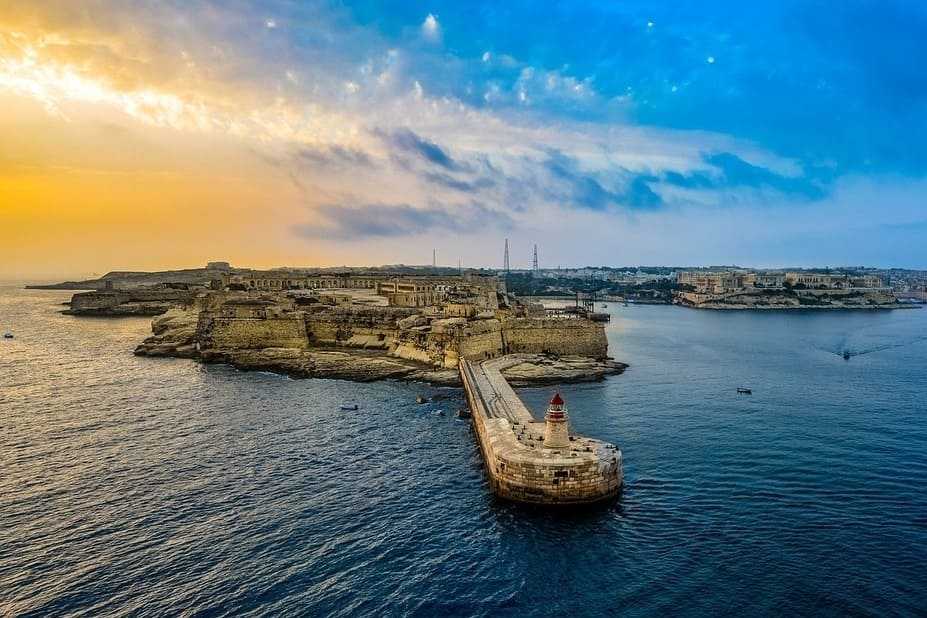
What Languages Are Commonly Spoken in Malta?
Malta, situated at the heart of the Mediterranean, has been influenced by a range of cultures over centuries, and this influence is evident in the languages spoken today. In this blog, we will explore the main languages used in Malta, examining their historical background and how they contribute to the country's culture. Understanding the role these languages play not only offers insights into Malta’s past but also provides a glimpse into how they shape modern life in this unique Mediterranean setting.
The Main Languages of Malta: Official
-
Maltese: The Maltese language dates back over two thousand years to the Phoenicians, who were some of the first settlers in Malta. Over time, the language evolved under the influence of various civilizations that left their mark on the islands. Arabic had a profound impact during the Arab rule, while Italian and Sicilian, due to Malta's geographical proximity to Italy, also contributed significantly to the language's development. As a result, Maltese stands today as a unique language, combining elements from these diverse linguistic traditions.
-
English: English became the official language of Malta largely due to the island's history as a British colony, which lasted from 1814 to 1964. During British rule, English was introduced into the education system, legal frameworks, and public administration. Over time, English gained prominence, particularly in international trade, diplomacy, and education, as Malta’s location made it a key hub in the Mediterranean. When Malta gained independence in 1964, English retained its official status alongside Maltese due to its entrenched role. Today, English remains widely spoken, particularly in business, legal settings, tourism, and international communication.
Other Languages Spoken in Malta
- Italian: Widely spoken by approximately 66% of the population. This prevalence is largely due to Malta's historical connections with Italy, including a period when Italian was an official language until 1934. The language's influence persists today, not only because of geographical proximity but also through cultural and educational exchanges between Malta and Italy.
- French: Used by around 17% of the population, French is commonly taught in schools as a third language option. This reflects Malta's educational policies that encourage multilingual proficiency.
- Spanish: Spoken by about 8% of Maltese residents, Spanish has gained popularity as an additional language taught in schools. Its inclusion in the curriculum aligns with the broader European trend of promoting language diversity and reflects Malta’s efforts to enhance its linguistic capabilities.
- German: Known by roughly 6% of the population, German’s presence is supported by Malta's ties with German-speaking tourists and expatriates, contributing to its utility and popularity as a foreign language.
- Arabic: Although not widely spoken, Arabic has a deep historical impact on the Maltese language due to centuries of Arab rule. Maltese developed from Siculo-Arabic, a medieval dialect that is now extinct and closely related to Arabic. This historical influence is still visible in the vocabulary and phonetics of the Maltese language today.
- Russian: Spoken by a segment of Malta's population due to business interactions and the presence of Russian expatriates.
The Impact of Malta’s Multilingualism in Business and Trade
In Malta, the ability to speak multiple languages is a key asset for doing business on an international scale. Most of the local workforce is fluent in English and Italian, with a growing number also proficient in French and German. This linguistic diversity is a significant advantage, especially in industries like tourism, where understanding the language of visitors can directly impact service quality and client satisfaction. In the tech and commerce sectors, multilingual skills are crucial for negotiating and managing cross-border transactions effectively. Malta’s multilingualism not only attracts foreign businesses looking for a gateway to the European market but also solidifies its reputation as a dynamic and globally connected hub.
In conclusion, Maltese and English are the official and national languages of Malta, but the island’s language environment includes several other languages as well. Due to Malta’s historical connections and its status as a popular tourist destination, languages such as French, German, Spanish, and Russian are frequently spoken in various communities and tourist areas. These languages contribute to Malta’s multicultural character and meet the needs of visitors from different countries.







